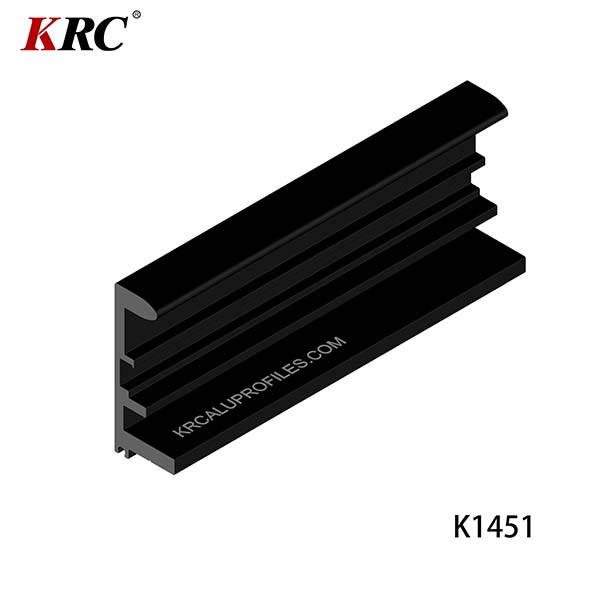In modern architecture and interior design, the choice of door profiles significantly impacts both the aesthetic appeal and functionality of a space. Among the various options available, 20 series aluminum glass door profiles have gained popularity for their unique combination of strength, durability, and sleek design.
This article will compare 20 series aluminum glass door profiles with other common door profile materials, such as wood, uPVC, and steel, to highlight their advantages and help you make an informed decision for your next project.
Aluminum vs. Wood
Aluminum is renowned for its durability and low maintenance requirements. Unlike wood, aluminum does not warp, crack, or swell when exposed to moisture. This makes 20 series aluminum glass door profiles an excellent choice for areas with high humidity or fluctuating temperatures. Wood, on the other hand, requires regular maintenance, including painting, staining, and sealing to prevent deterioration.
While wood is prized for its natural beauty and warmth, aluminum offers a modern, sleek appearance that complements contemporary design trends. The 20 series aluminum profiles can be powder-coated or anodized in various finishes and colors, providing versatility in design. Wood can be customized with different stains and finishes but lacks the same level of flexibility in achieving a minimalist look.
Aluminum vs. uPVC
Aluminum, particularly in the 20 series profiles, is stronger and more robust than uPVC. This strength allows for thinner frames that can support larger glass panels without compromising security. uPVC, while durable and cost-effective, lacks the structural integrity of aluminum and may not provide the same level of security.
uPVC is known for its excellent thermal insulation properties, often outperforming aluminum in this regard. However, modern advancements in aluminum profiles, including thermal breaks in 20 series profiles, have significantly improved their insulation performance. These features help to reduce heat transfer, making aluminum a competitive option for energy efficiency.
Aluminum vs. Steel
One of the main advantages of aluminum over steel is its weight. Aluminum is significantly lighter, making it easier to handle and install. This is particularly important for glass door profiles, where the combination of aluminum and glass can be managed without heavy-duty supports. Steel, while extremely strong, is much heavier and can be more challenging to work with.
Aluminum naturally forms a protective oxide layer that resists corrosion, making it suitable for both interior and exterior applications. Steel, unless it is stainless or galvanized, is prone to rust and corrosion, especially in humid or coastal environments. The 20 series aluminum profiles are designed to withstand such conditions, providing long-lasting performance without the need for frequent maintenance.
Why Choose 20 Series Aluminum Glass Door Profiles?
The 20 series aluminum glass door profiles are engineered to provide a slim, elegant frame that maximizes the view and allows for larger glass panels. This creates a clean, contemporary look that enhances the aesthetic appeal of any space. The ability to choose from a variety of finishes and colors further customizes the appearance to match specific design preferences.
The incorporation of thermal breaks and improved sealing techniques in 20 series aluminum profiles addresses the traditional concerns of aluminum’s thermal conductivity. These enhancements ensure better energy efficiency and sound insulation, making aluminum a viable choice for modern, eco-conscious designs.
Aluminum's recyclability is a significant advantage in today's environmentally aware market. Choosing 20 series aluminum profiles supports sustainable building practices and contributes to reducing the overall carbon footprint of construction projects.
The robust nature of aluminum means that 20 series profiles are built to last. They resist the wear and tear associated with daily use, and their low maintenance requirements free homeowners and property managers from the constant upkeep that other materials, such as wood, demand.
Conclusion
When comparing door profile materials, 20 series aluminum glass door profiles stand out for their blend of durability, aesthetic appeal, and performance. While wood, uPVC, and steel each have their unique benefits, aluminum offers a well-rounded solution that meets the demands of modern architecture and design.
Whether you are planning a residential renovation or a commercial build, the advantages of 20 series aluminum glass door profiles make them a compelling choice for ensuring long-term satisfaction and visual excellence.
